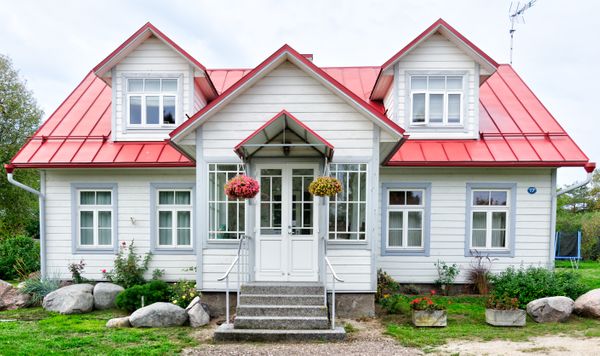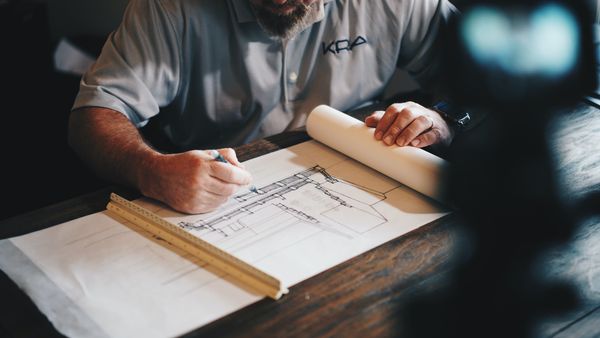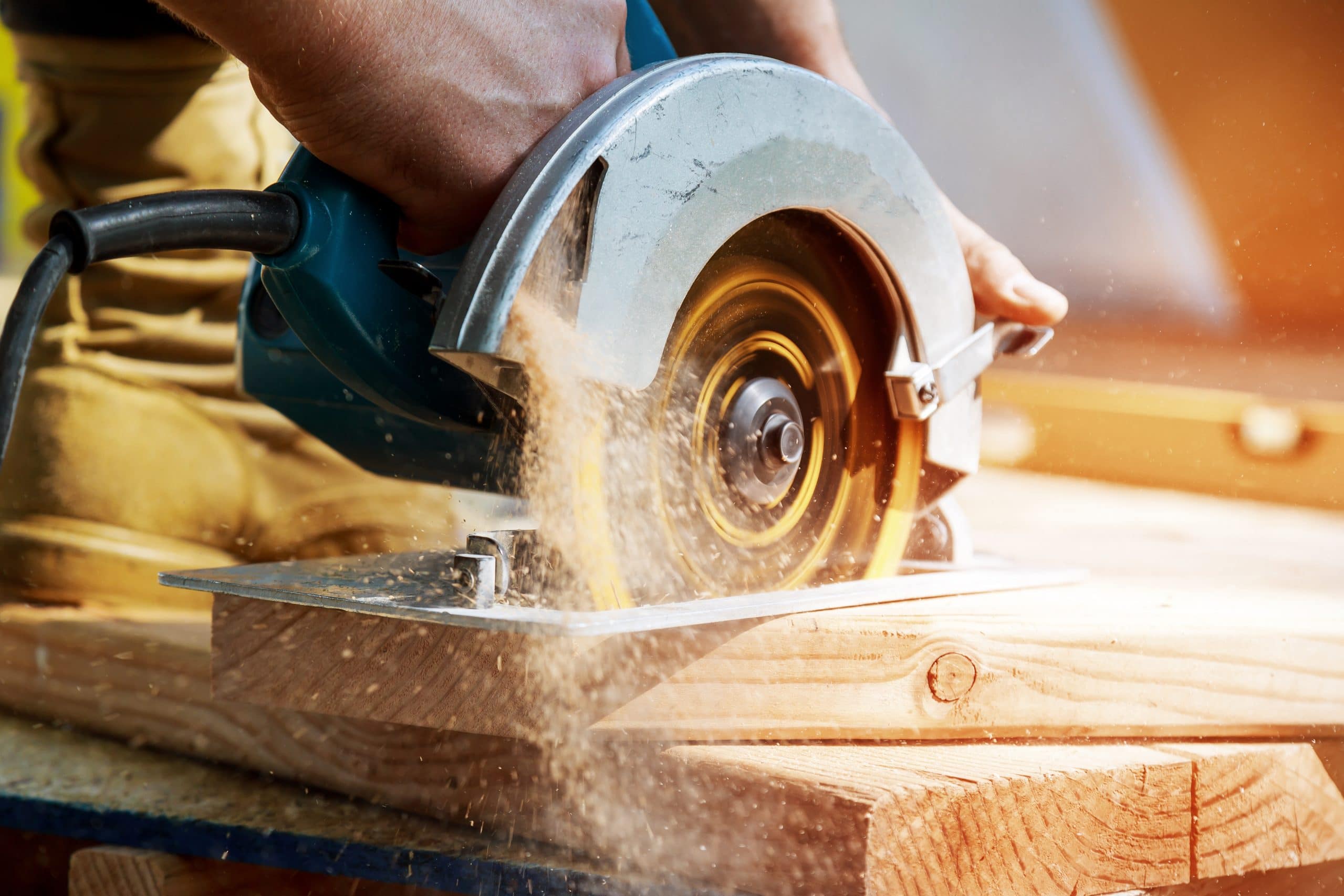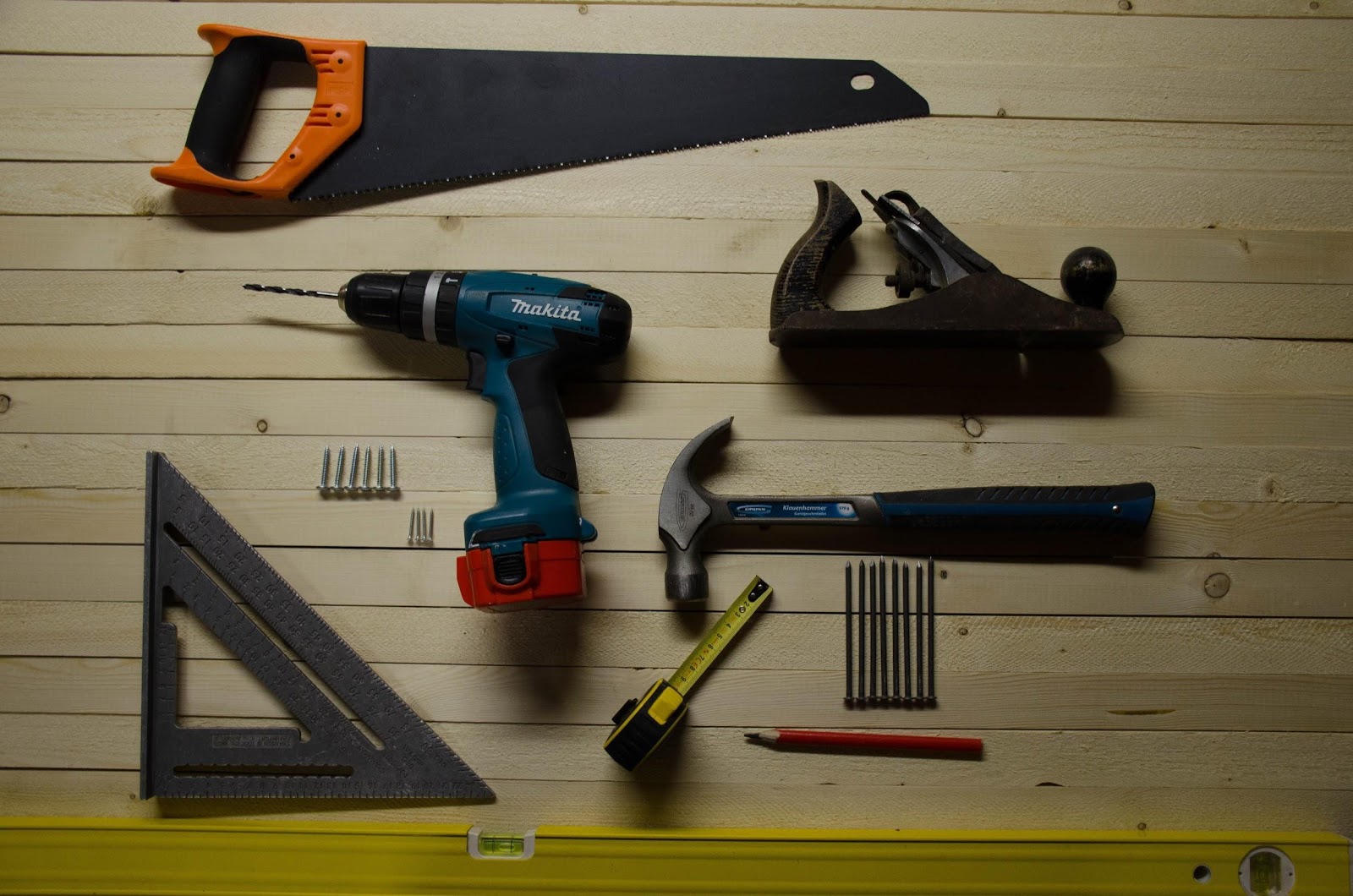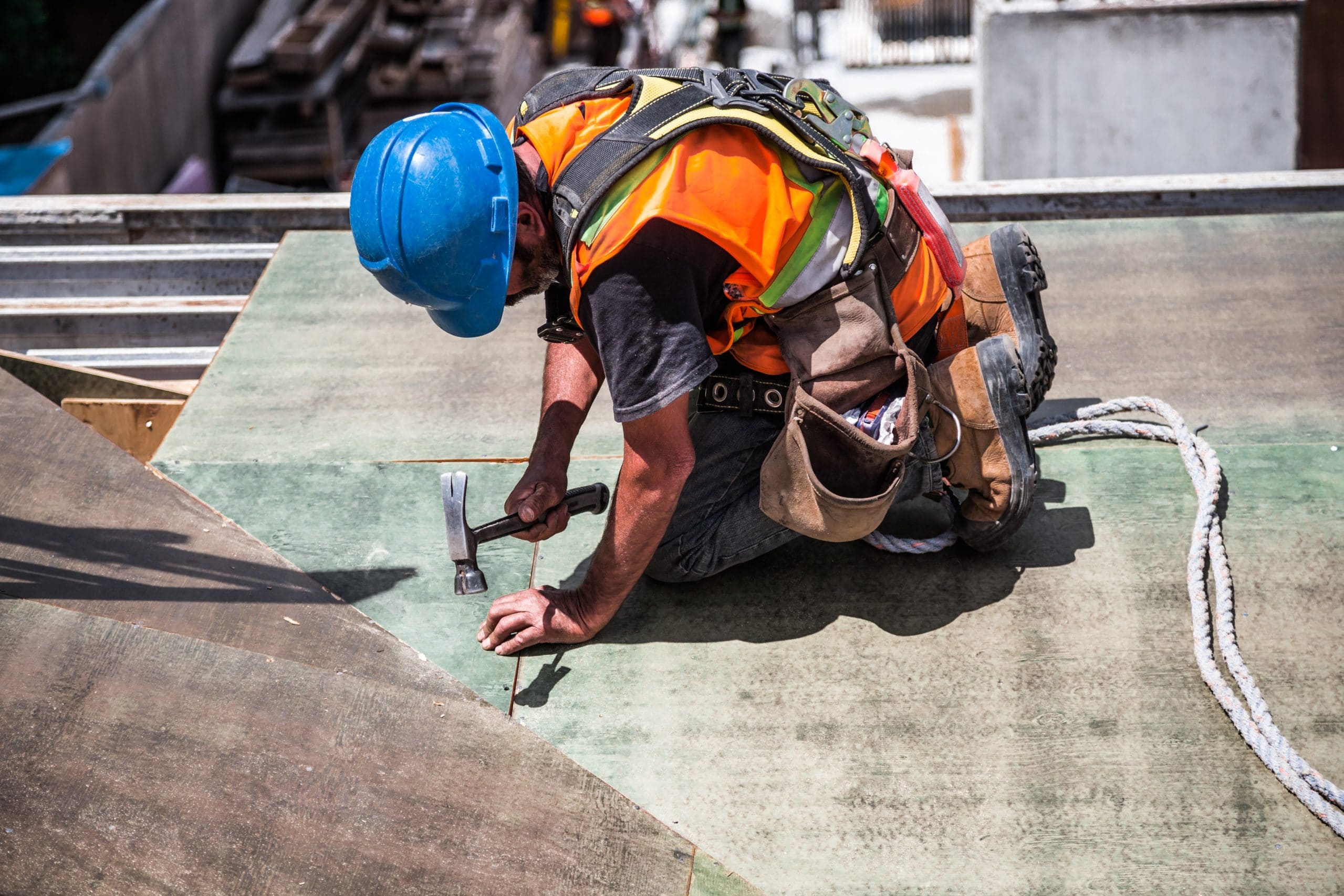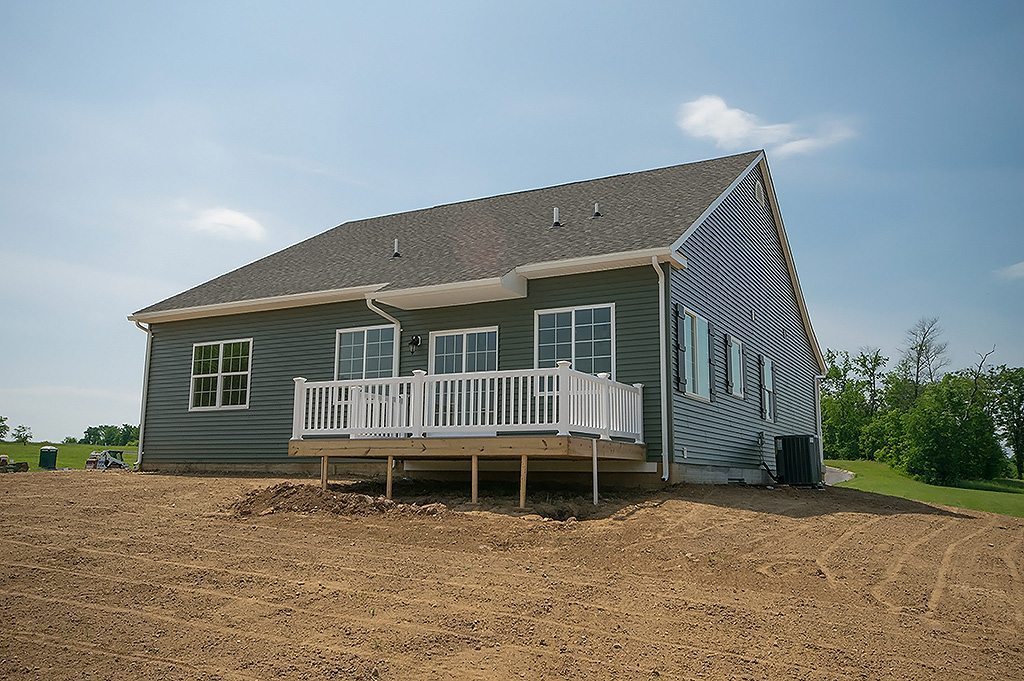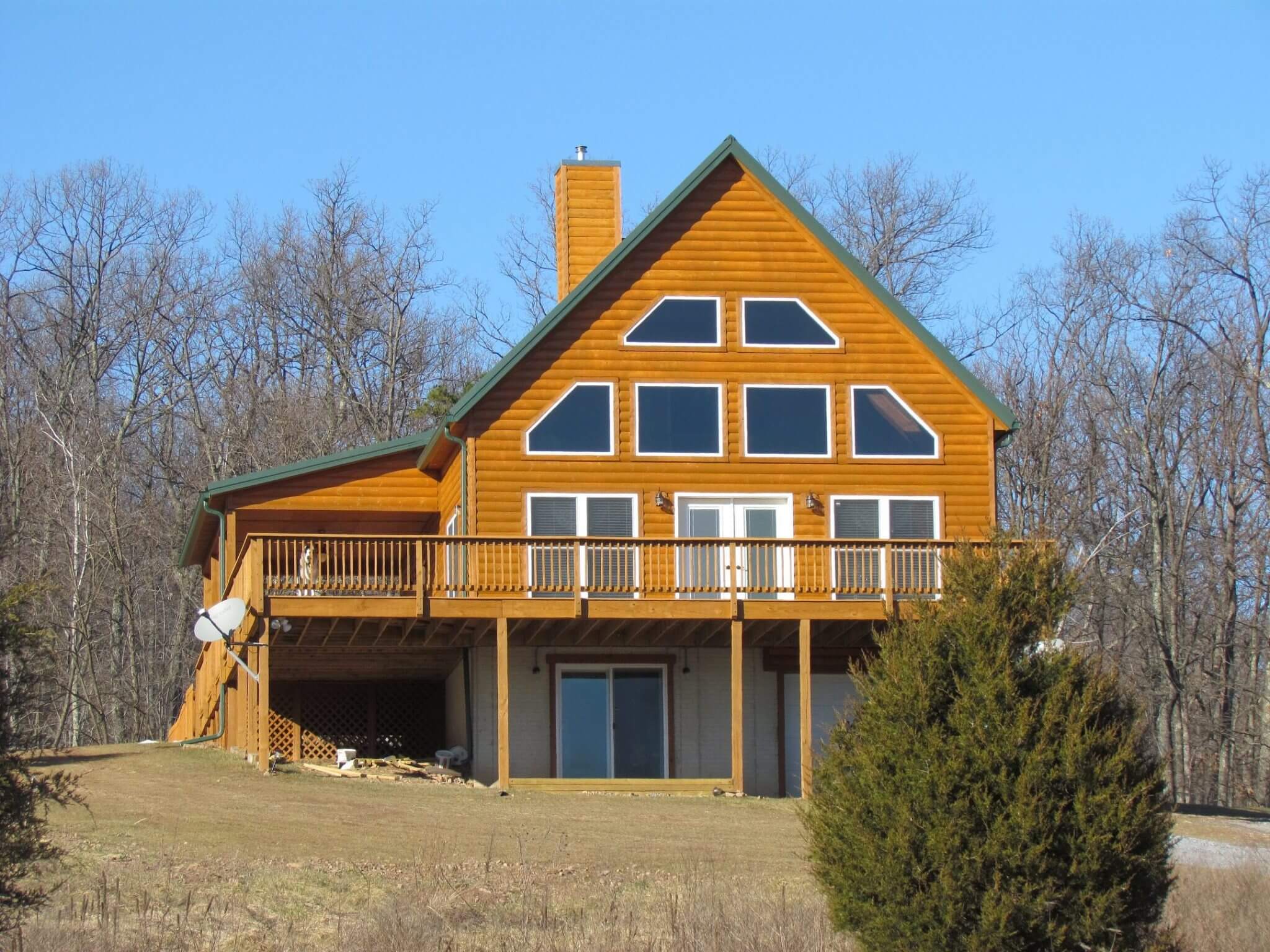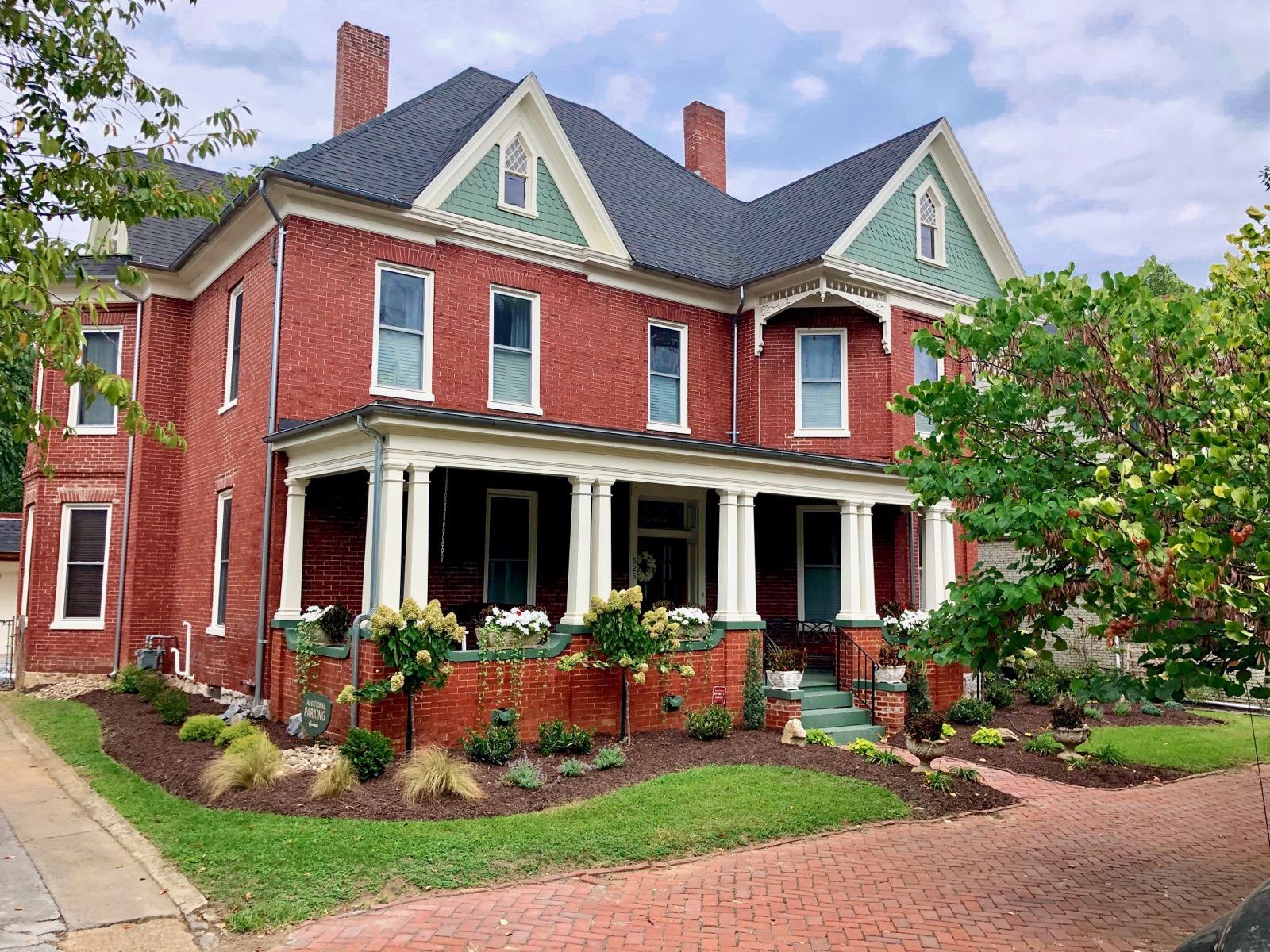
Whether your goal is preservation, total renovation, or somewhere in between, choosing a contractor to work on your historical renovation project can be nerve wracking. While any renovation project can cause anxiety, the stakes feel so much higher for historical projects.
Between the overall integrity of your project, the guidelines around working on historical properties, the potential for unforeseen expenses and project delays … This list of concerns goes on and on.
So how can you be sure you’re hiring the right person for your historical renovation project? The process will look a little bit different for each project, but in general, here are three guiding principles we recommend bearing in mind when trying to find the right contractor for the job.
Three Principles For Finding a Historical Renovation Contractor
1. Look for someone with a history (get it?) of handling historical projects.
This might feel like a given … But some people don’t understand that all contractors aren’t created equally. Just because someone did a great job renovating your mom’s kitchen doesn’t mean they have the necessary skills to preserve your 1800s farmhouse. Ask about prospective contractors’ experience with similar projects and look at photos of other historical projects they’ve been part of.
2. Pay attention to the scale and scope of projects your prospective contractors have worked on.
On a similar note, be mindful of the scale and scope of your prospective contractors’ previous historical renovation projects. Are you trying to renovate a small cottage, or an expansive southern mansion with additional outbuildings on the property? If you have a larger project in mind, has your contractor ever managed a project of that scale?
3. Be very clear about what you should expect in regards to the timeline and budget for your historical renovation project.
Being mindful of your budget and timeline is important for any project … But it’s especially crucial for historical renovation projects, where unexpected costs and delays are more likely than not. Renovating and preserving historical properties may require special attention and care, special resources, specific permits, etc.—so be sure you’ve talked about all this with your contractor prior to signing on the dotted line.
Need a Historical Renovation Contractor in West Virginia, Virginia, Maryland, or Pennsylvania?
Here at J.C. Smith, we have experience working on historical renovations of a variety of types, sizes, scopes, and outcomes. Check out our full historical project portfolio here, or click here to contact us directly.


